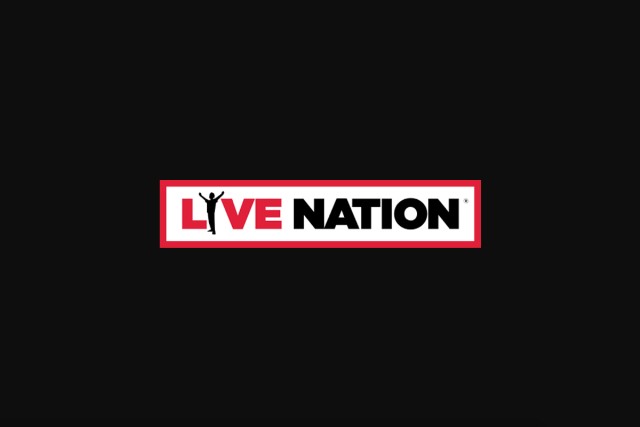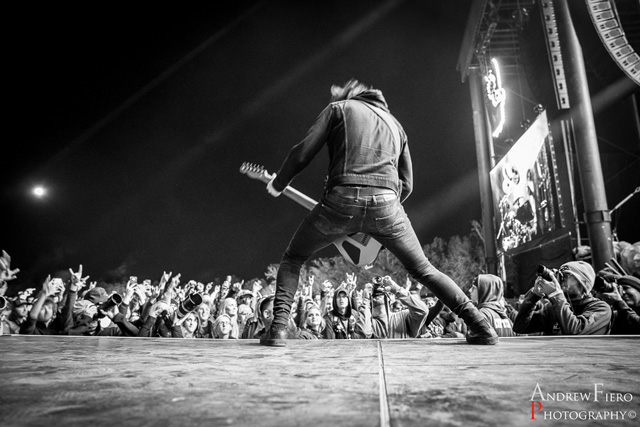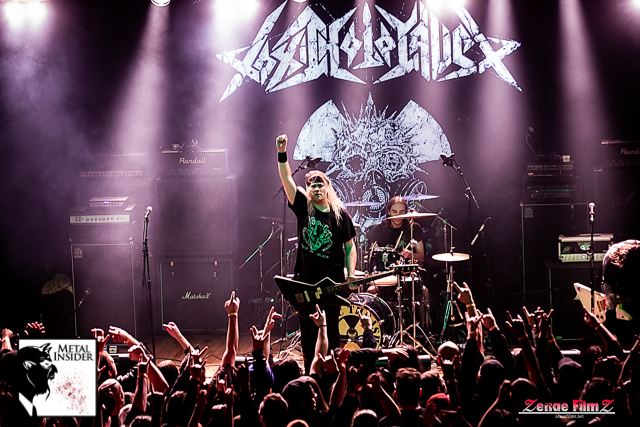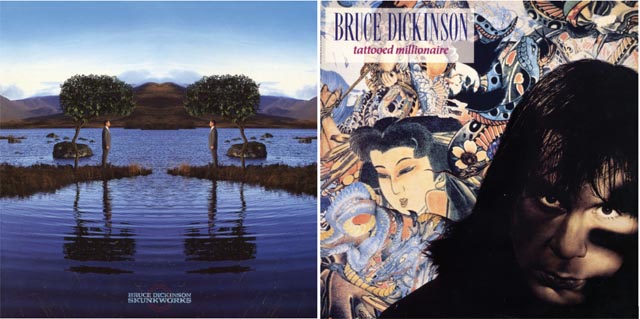
Live Nation held their first-quarter earnings call on Thursday (7), which found CEO Michael Rapino discussing the company’s finances for the months of January through March, as well as looking into the future of the ticketing industry.
The big topic of discussion was how the company was going to handle the aftermath of the COVID-19 pandemic. Despite only a small portion of the first quarter being plagued by shutdowns of venues and tour cancellations / postponements, the company still saw a significant decrease in earnings. According to Rapino (as reported by Variety), the company’s revenue was down 20% from this time last year. The same went for the concert industry in general, which saw a decrease of 25% year-over-year from 1.318 billion to $993.4 million. Ticketing and fan attendance were also down, falling 16% and 6.2% respectively.
Rapino remained optimistic though. Even with more than 9,000 shows cancelled or postponed in the last couple of months, he maintains that 90% of ticket buyers are keeping their tickets for postponed dates. Said Rapino about his long view of the business:
“In a survey we just posted, we talked to 10,000 casual and ongoing ticket buyers and the data is pretty compelling: 90% of fans are saying ‘I can’t wait to get back to the show,’ and I think our refund rate says everything — we’re running somewhere between a 5-10 refund rate right now on a global basis, that’s much lower in Europe [which is farther ahead in the recovery process], and that’s not out of line for when we reschedule a traditional tour [under normal circumstances]. Now we’re just going to [watch] the science and see when we can [get] back out there [in] a safe manner.”
Moving on the the company’s finances, when asked about how the company will do following an extended shutdown, Live Nation president Joe Berchtold was confident that they would get through this tough spot well. “We have $870 million in available cash, $900 million untapped, so that’s $1.7 billion in untapped liquidity to start with,” said Berchtold. “So we can go through this year without doing any shows at scale without any concern, even though we’re not likely to have a huge volume of shows.”
Berchtold expects that by the fourth quarter of 2020, things should be looking more normal with ticketing will be back in full force as shows and sports games scheduled for 2021 going on sale. He continued, “And in the fourth quarter we’ll have ticket sales in some large scale for next year — we’re already seeing the NFL schedule announced today and most teams are going on sale with their tickets, so that will help drive some of our ticketing and sponsorship businesses. Getting through this year without any additional liquidity is not a concern.”
The conversation then moved on to the rescheduled shows. Rapino says that when a show is rescheduled, fans will usually follow along because they want to see that particular artist:
“We have a lot of shows, and looking at this as a glass half-full, thankfully our shows are not time-dependent: Fans wanted to see Billie Eilish in March, but they’ll wait till October or until February, because the average customer goes to two-and-a-half shows a year.” He also mentioned that all aspects are working together like never before to get these shows rescheduled. “The industry has never come together this well, agents, artists, buildings, promoters, managers, we’re all in the same boat, and we’re all saying, ‘How do we move availabilities?’ The only challenge we’ve had with availabilities, and part of the reason we had to [delay] the refund policy, is the sports leagues — we need to understand what’s going to happen in arenas in the fall.”
Rapino is referring to the company’s refund policy, which came under fire in April for changes to the wording that made it sound like refunds were only available for cancelled shows (and not those that were postponed or rescheduled). The company rolled out a plan later that month that would allow for a 30-day window to get a refund on postponed shows once they were rescheduled or after 60 days of being postponed without rescheduling starting on May 1.
Rapino mentions that in working together, all parties need to take responsibility for losses, saying:
“It’s been a unique time but we’re all in this together,” he replied, “and I would say artists, agents and managers have been incredibly supportive.”
“The reality is, in ‘20 and ’21, the promoter can’t take all the risk on the business, as we historically have. We need to share some of that, especially refunds on the guarantees. So while we don’t want to get into the what and how of the deals, we absolutely are getting great latitude from the artists and agents to look at the traditional business of high guarantees and all of our risk, and to help share that risk, going into ‘20 and ’21, to get the shows back on the road and help us absorb it, and not take all of the [financial burden] of refunds, sales, sponsorship, food, beverages and unknowns for the next 6-12 months. They’re helping to share some of that risk to help us get back and scale fast, and not worry about losing money on the show.”
With all parties working together, Rapino hopes to start bringing back live events slowly, testing the waters in a couple of regions first to see how things run. “So over the next six months, we’ll be starting slow and small, focusing on the basics and testing regionally. But whether it’s in Arkansas or [another] state that is safe, secure and politically fine to proceed in, we’re going to dabble in fan-less concerts with broadcasts and reduced-capacity shows, because we can make the math work.”
Rapino also rolls out a couple of ideas for modified shows, including reduced capacity, audience-less and drive-in. “Over the summer there will be testing happening, whether it’s fan-less concerts, which offer great broadcast opportunities and are really important for our sponsorship business; drive-in concerts, which we’re going to test and roll out and we’re having some success with; or reduced-capacity festival concerts, which could be outdoors in a theater on a large stadium floor, where there’s enough room to be safe.”
If testing goes well and a second wave of the virus does not hit, Rapino believes that shows could start to reappear come fall. “We think in the Fall, if there are no second hotspots, you’ll see markets around the world [reopening] — Europe, specifically, has talked about opening up 5,000-plus [gatherings] in September. And on the venue side, we’re dealing with federal, the White House, every government body you can imagine, and we’ve got a great task force around what we have to do with the venue to make you safe.”
“So I think in the Fall you’ll see more experimenting and more shows happening in a theater setting, into some arenas,” concludes Rapino. “And then our goal is really to be on sale in the third and fourth quarters for 2021 at full scale.”











